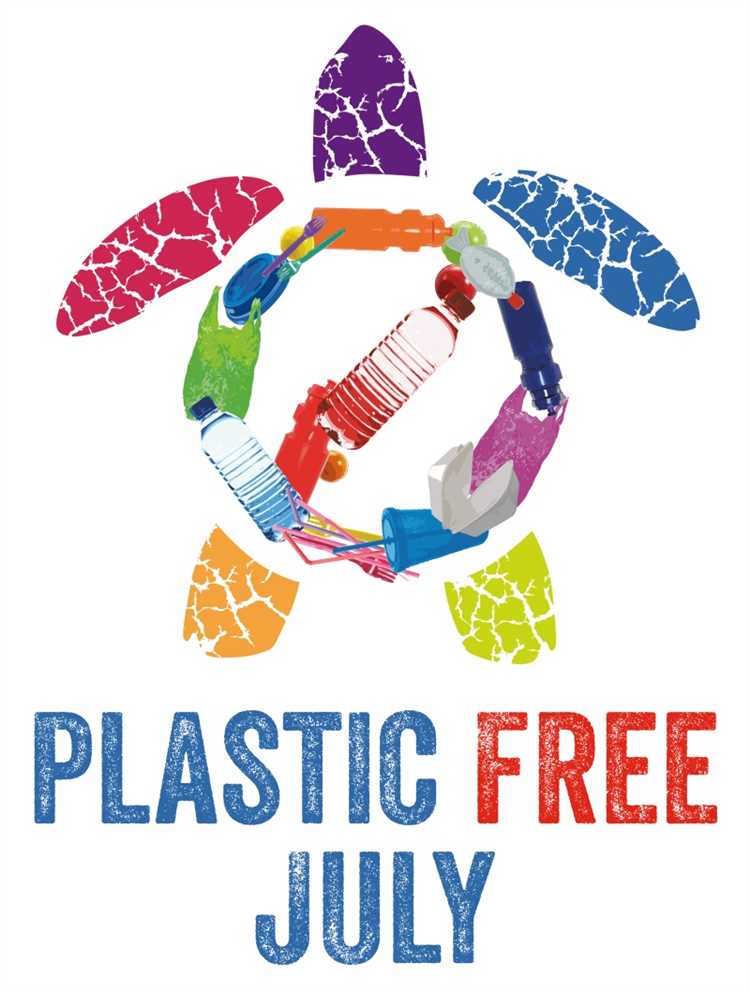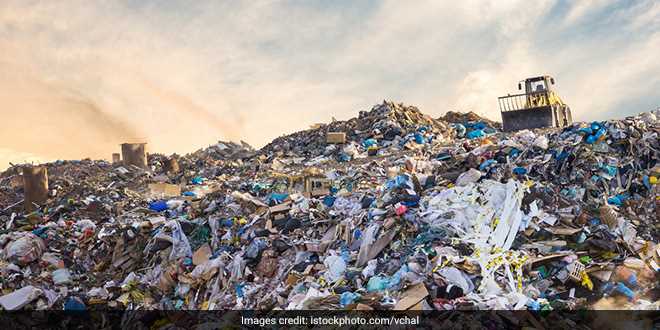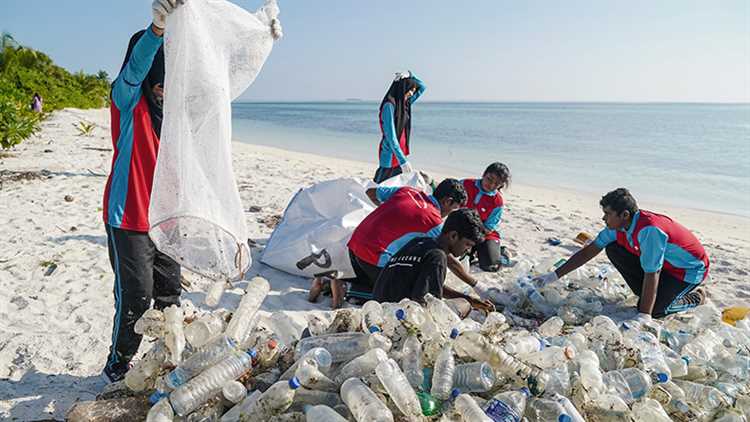In recent years, concern about the environmental impact of plastic waste has grown significantly. As a result, many countries around the world have taken steps to reduce their plastic consumption and implement practices that aim to achieve a plastic-free future.
One example of a country leading the charge in the fight against plastic waste is Norway. With its strong focus on sustainability, Norway has implemented a number of initiatives to reduce plastic consumption. The country has implemented a plastic bottle recycling program that has achieved an impressive 97% recycling rate. In addition, Norway has banned the use of plastic bags in grocery stores and is actively promoting reusable and biodegradable alternatives.
Another country making strides in the journey towards a plastic-free future is Costa Rica. This small Central American nation has set an ambitious goal to become the first plastic-free and carbon-neutral country by the year 2021. To achieve this, Costa Rica has implemented a ban on single-use plastics in government institutions and has started a national campaign to educate its citizens about the dangers of plastic pollution. The country has also been actively promoting the use of reusable containers and has implemented a comprehensive recycling program.
While some countries are leading the way in reducing plastic waste, there is still a long way to go before we can achieve a truly plastic-free world. However, by learning from the experiences of countries that have made significant progress, we can all take steps towards reducing our own plastic consumption and working towards a more sustainable future.
- Is any country plastic free?
- Rwanda
- New Zealand
- Canada
- Learn about efforts to reduce plastic waste around the world
- 1. Kenya
- 2. Rwanda
- 3. Germany
- 4. Canada
- Explore how different countries are taking action
- 1. Canada
- 2. Rwanda
- Question-answer:
- Is any country completely plastic free?
- How are countries reducing plastic waste?
- Which country has made the most progress in reducing plastic waste?
- What are some examples of countries implementing plastic bag bans?
Is any country plastic free?

Reducing plastic waste has become a global concern, and many countries are taking steps to minimize their plastic consumption and increase recycling efforts. While no country is completely plastic free, several nations have made significant progress in reducing plastic waste. Here are a few examples:
Rwanda
Rwanda is often hailed as one of the cleanest countries in Africa and has taken impressive steps to combat plastic pollution. In 2008, the Rwandan government banned the use of plastic bags, making it one of the first countries in the world to do so. This ban includes both the production and importation of plastic bags, making Rwanda a leader in eliminating single-use plastics.
New Zealand
New Zealand is another country that is actively working towards a plastic-free future. In 2019, the government announced plans to phase out single-use plastic bags, which came into effect in July 2019. The country has also implemented measures to reduce plastic packaging and encourage the use of reusable and compostable alternatives.
To monitor and track progress, New Zealand has established the Plastic Action Plan, which outlines goals and strategies to reduce plastic waste and improve recycling rates.
Canada
Canada has also been taking steps to address plastic waste. In 2021, the Canadian government announced a ban on single-use plastics, such as plastic bags, straws, cutlery, and stir sticks. This ban is part of Canada’s goal to achieve zero plastic waste by 2030.
In addition to the ban, Canada has also implemented extended producer responsibility programs, which make producers responsible for the entire lifecycle of their products, encouraging them to reduce or redesign their packaging to be more sustainable.
While these countries have made progress in reducing plastic waste, achieving a completely plastic-free country is a complex and ongoing challenge. It requires a combination of legislative measures, public awareness campaigns, and cooperation between governments, businesses, and individuals. However, the efforts and successes of countries like Rwanda, New Zealand, and Canada provide inspiration and guidance for other nations looking to create a more sustainable future.
| Country | Plastic Reduction Measures |
|---|---|
| Rwanda | Banned plastic bags in 2008 |
| New Zealand | Phased out single-use plastic bags in 2019 |
| Canada | Banned single-use plastics in 2021 |
Learn about efforts to reduce plastic waste around the world

Plastic waste is a global problem that is impacting ecosystems and human health. Countries around the world are taking steps to reduce plastic waste and implement sustainable practices. Here are some notable efforts:
1. Kenya
In 2017, Kenya enacted one of the world’s toughest bans on plastic bags. The country implemented a complete ban on the manufacture, sale, and use of plastic bags, regardless of thickness. Violators can face hefty fines and jail time. This proactive measure has significantly reduced plastic waste in the country and led to a decrease in littering.
2. Rwanda
Rwanda is renowned for its effective plastic waste management system. The country has implemented a complete ban on plastic bags since 2008, becoming one of the first countries worldwide to do so. The government encourages the use of biodegradable alternatives and promotes recycling programs to effectively manage plastic waste.
3. Germany
Germany is known for its efficient waste management systems and has made significant efforts to reduce plastic waste. The country introduced a recycling system called “Green Dot” in 1991, whereby manufacturers pay for a green dot symbol on packaging to indicate that the product is recyclable. This initiative has motivated companies to reduce packaging and increase recycling rates.
4. Canada
 Explore how different countries are taking action
Explore how different countries are taking action
As the issue of plastic waste becomes increasingly urgent, many countries around the world are taking action to reduce their reliance on single-use plastics and promote more sustainable alternatives. Here are a few examples of how different countries are tackling the plastic waste problem:
1. Canada
Canada has implemented a national ban on single-use plastics, including plastic bags, straws, and cutlery, starting in 2021. The ban aims to reduce plastic pollution and promote the use of reusable alternatives. The government is also investing in research and innovation to develop more sustainable packaging materials.
2. Rwanda

Rwanda is often cited as a success story in the fight against plastic waste. In 2008, the country banned plastic bags completely, becoming one of the first in the world to do so. The government has since implemented strict enforcement measures, including fines and imprisonment for those caught using or producing plastic bags. As a result, Rwanda has significantly reduced plastic waste and achieved a cleaner environment.
This is just a snapshot of the actions being taken by different countries to combat plastic waste. Many other nations, including New Zealand, India, and Costa Rica, are also implementing bans on single-use plastics and promoting recycling initiatives. By sharing best practices and working together, these countries are making significant progress towards a plastic-free future.
Question-answer:
Is any country completely plastic free?
No country is completely plastic free. However, some countries have made significant progress in reducing plastic waste.
How are countries reducing plastic waste?
Countries are taking various measures to reduce plastic waste, such as implementing plastic bag bans, promoting reusable alternatives, and implementing recycling initiatives.
Which country has made the most progress in reducing plastic waste?
Several countries have made significant progress in reducing plastic waste, but one notable example is the Netherlands. The Netherlands has implemented innovative recycling technologies and has a strong commitment to reducing plastic waste.
What are some examples of countries implementing plastic bag bans?
There are several countries that have implemented plastic bag bans, including Rwanda, Kenya, and Morocco. These countries have seen a significant reduction in plastic bag usage and have encouraged the use of reusable alternatives.